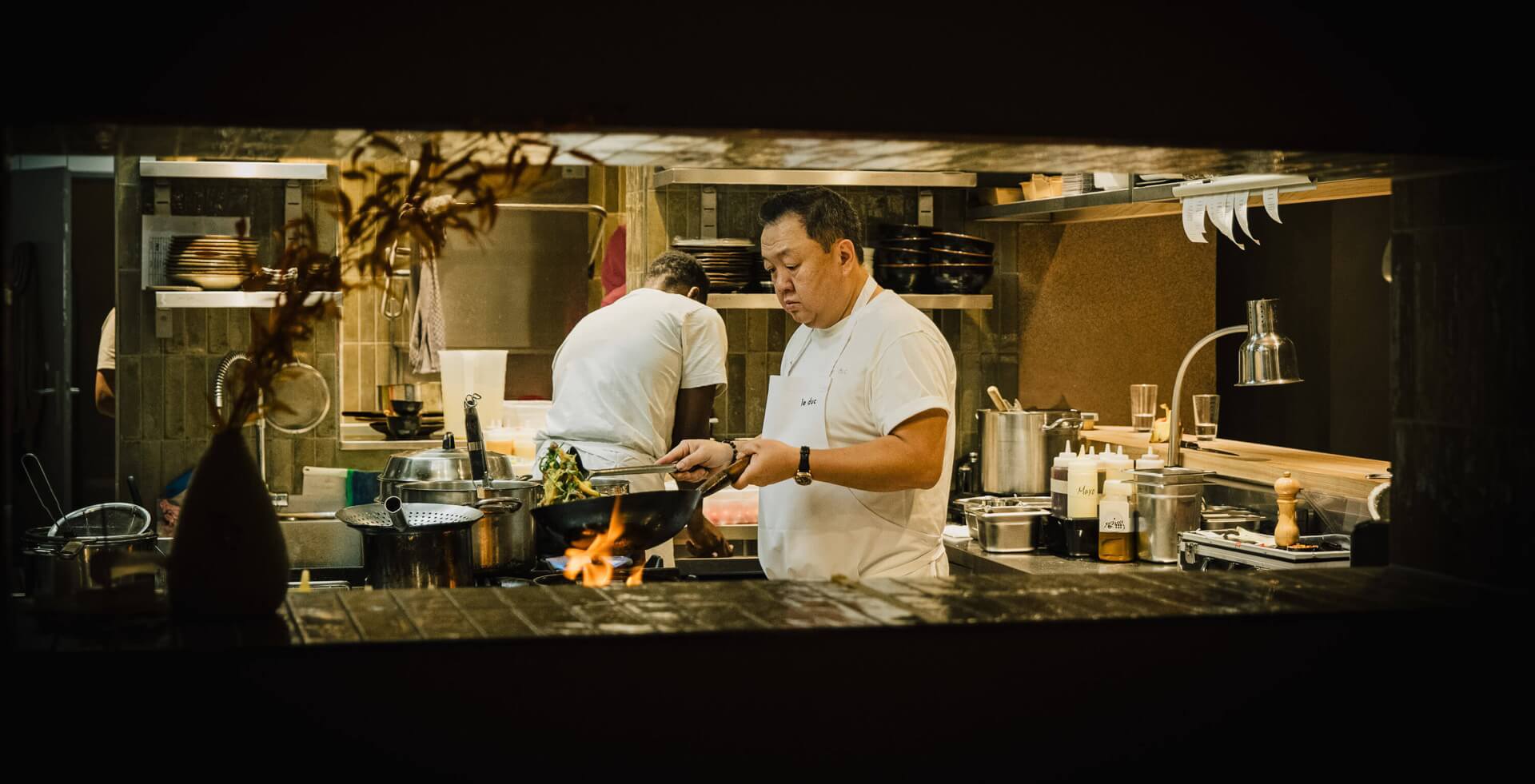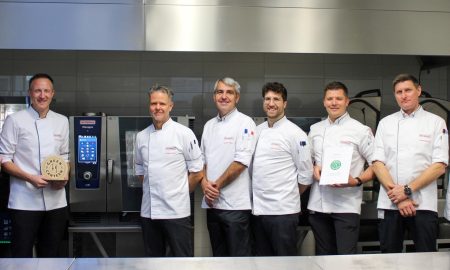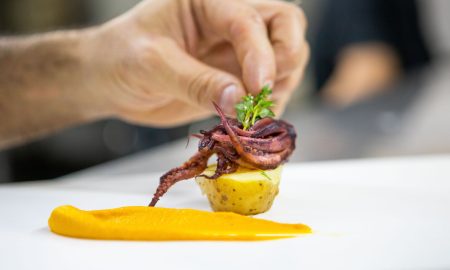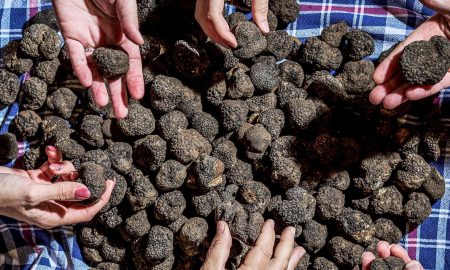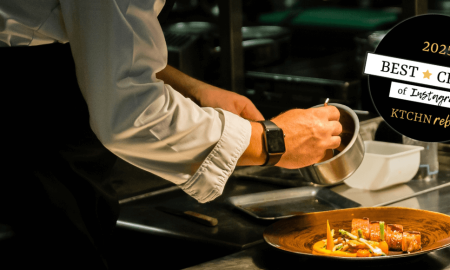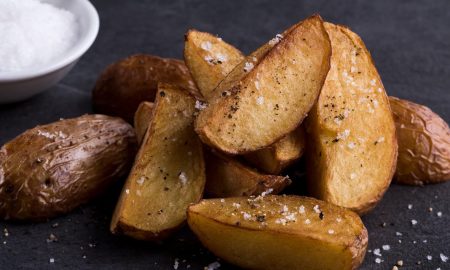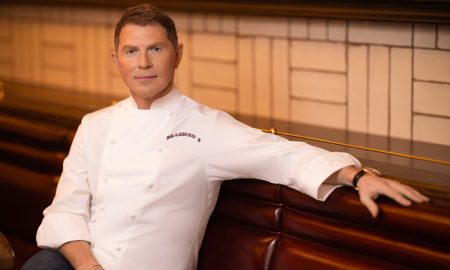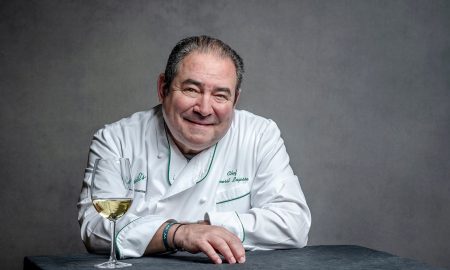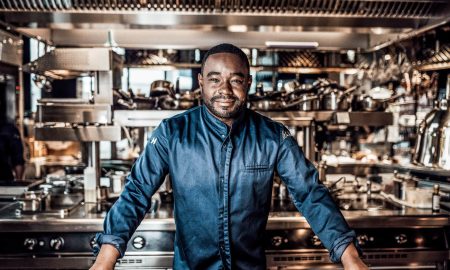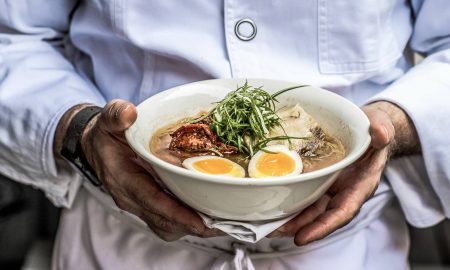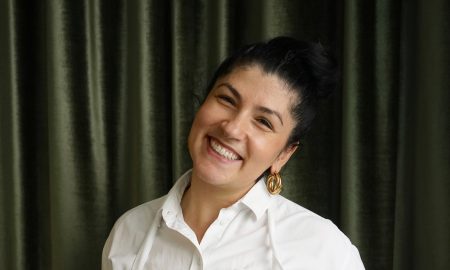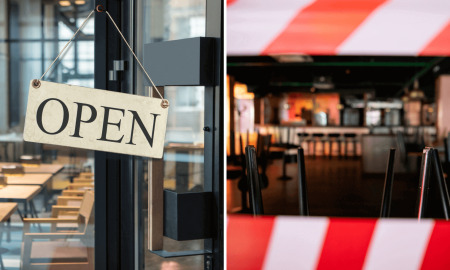In summer 2024, The Duc Ngo had had enough. On his Instagram channel, which has over 300,000 subscribers, he posted a photo of himself in a defensive posture. The large-lettered caption made his message abundantly clear: “Excessively strong perfumes are not welcome in my sushi/seafood restaurants. Please show understanding towards us chefs and your fellow diners! ”
Such comparatively blunt wording was a rarity for the popular chef, who generally gives more of a teddy bear vibe. In no time at all, Ngo had revived a time-honored debate: whether intense smells are like loud music in their ability to disturb others’ public well-being – especially in fine dining, which places great emphasis on nuanced sensory experiences.
The Duc Ngo’sstatement made headlines and sparked discussions that spilled well beyond his Instagram post. The topic dominated the German culinary scene for weeks; fragrance dress codes were mentioned, and The Duc Ngo was interviewed several times. Several celebrities supported the star chef, who repeatedly emphasized that he wasn’t advocating a general ban on perfume – merely a more subtle approach to it. Sounds reasonable enough from a culinary-minded diner’s perspective, but what constitutes a “tolerable” amount of perfume varies so widely among individuals that no consensus has yet been reached.
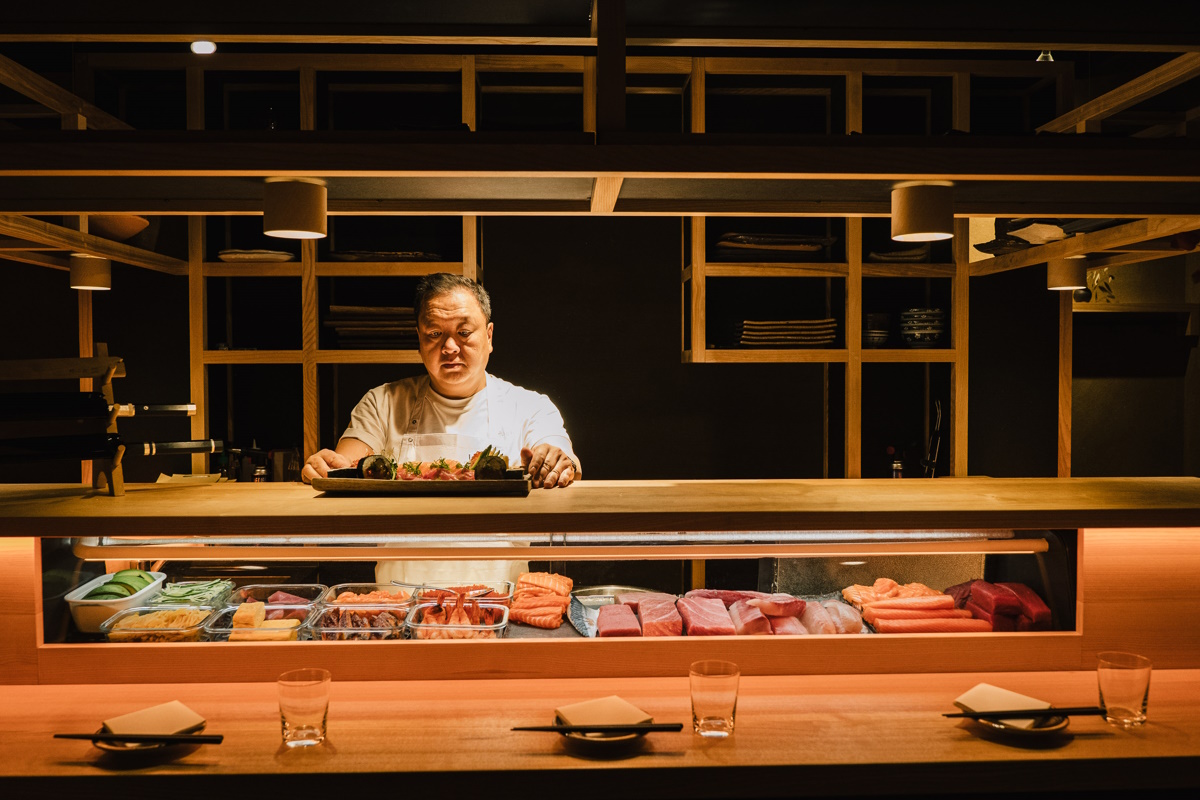
Image: John Bauer
Star locale
The fact that The Duc Ngo (pronounced “Noo”) himself was making headlines was something of a rarity in itself; in the past, the buzz had mostly been about his restaurants – or rather, the people who dined at them. His locations have always captured the spirit of the times, and many of them have what it takes to become celebrity hot spots. Angelina Jolie, Brad Pitt, Keanu Reeves… whenever Hollywood stars visit Berlin to shoot or premiere a movie, they often stop at one of The Duc Ngo’s locales.
Quick question: Which of his three names is his first name, and which is his surname? He spelled it out in a radio interview: “Mr. Ngo. Or just Duc.” Born in Vietnam in 1974, Mr. Ngo came to Germany as a refugee more than four decades ago. Specifically, to Berlin. In 1998, he opened his first restaurant there, Kuchi on Kantstraße, which remains one of the city’s best Asian-fusion restaurants. In addition to sushi, soups, and wok dishes, the menu features an ever-changing assortment of new creations. He added Tokyo carbonara udon a few months ago, which combines guanciale and Parmesan with udon noodles, sake, and soy sauce.
Other Kuchi locations soon opened in Berlin-Mitte and Kreuzberg, and now there are ten in the capital alone. West Berlin is still Ngo’s home base, though. It was here, in Charlottenburg, that the “Kiez King” took over a former sushi restaurant and converted it into the first Kuchi, laying the foundation for a success story unlike any other in German gastronomy.
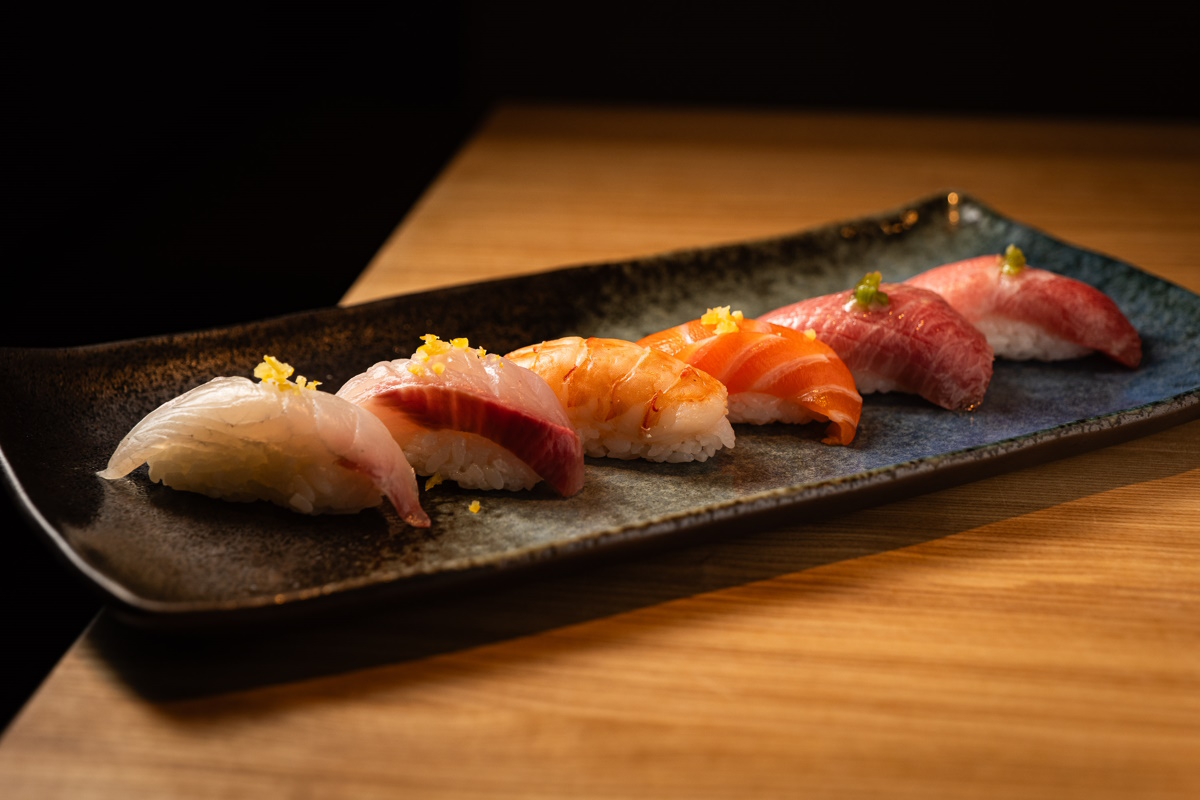
Image: John Bauer
Young, hip, trendy
His recipe for success? In a nutshell, The Duc Ngo made sushi young and Asian food hip. “Sushi was where it started,” he said once in an interview. Bright colors, fresh recipes, cool interior. His food began focusing on umami back when his colleagues still thought it was some sort of exotic animal. He was one of the first to recognize the ramen trend and luring foodies to Cocolo Ramen, which he opened in Berlin-Kreuzberg in 2011. Since 2016, he’s been whipping up various types of pho at his French-Vietnamese restaurant, Madame Ngo – simmering bones into stock for days the way his mother and grandmother taught him. It’s no exaggeration to say that The Duc Ngo has played a big role in turning Berlin into a foodie hotspot.
He also successfully made the leap into fine dining – for a time, The Duc Ngo succeeded Christian Jürgen at Überfahrt, the elegant hotel on Lake Tegernsee. Specifically, in Summer 2023, the multi-restaurateur opened le duc tegernsee/überfahrt, a pop-up offering his typical Asian crossover fare. The guest appearance lasted a total of five months before the unusual pair moved on to other projects. It wasn’t Ngo’s first foray into the luxury hotel world, however, though – he’d previously developed club l’indochine, which blended European culinary traditions with Indochinese flavors, for the Althoff Hotel Group’s Villa Belrose in St. Tropez. Here, Chef Jimmy Coutel dishes up steamed sea bass with coriander and ginger, Charolais filet with pickled onions, pak choi and a caramel-pepper sauce, and amberjack with Paimpol cocoa beans and garlic-anchovy creme.
His efforts on behalf of a German discount grocery store demonstrate just how versatile he is: in a series of surprisingly entertaining videos, he appears in various environments and gives viewers advice on things like how to survive away from civilization by steaming bao buns over a fire. Appearances on TV cooking shows like “Kitchen Impossible” and “The Taste” boosted Duc’s popularity even more.
The creative mastermind draws inspiration from travel; rarely a month passes without a brief video of The Duc Ngo reporting back on his tours. Visiting a sushi master in Tokyo. Harvesting sea urchin in Canada. He might even wear cologne while he does it. As he once revealed to Stern Magazine, Ngo himself has been using “Acqua di Giò” by Armani for decades… but only a spritz at a time, of course.


